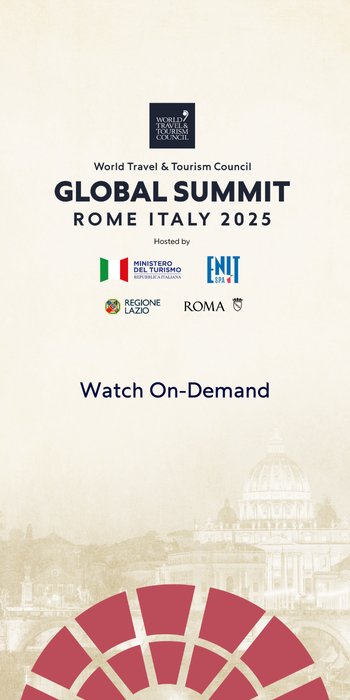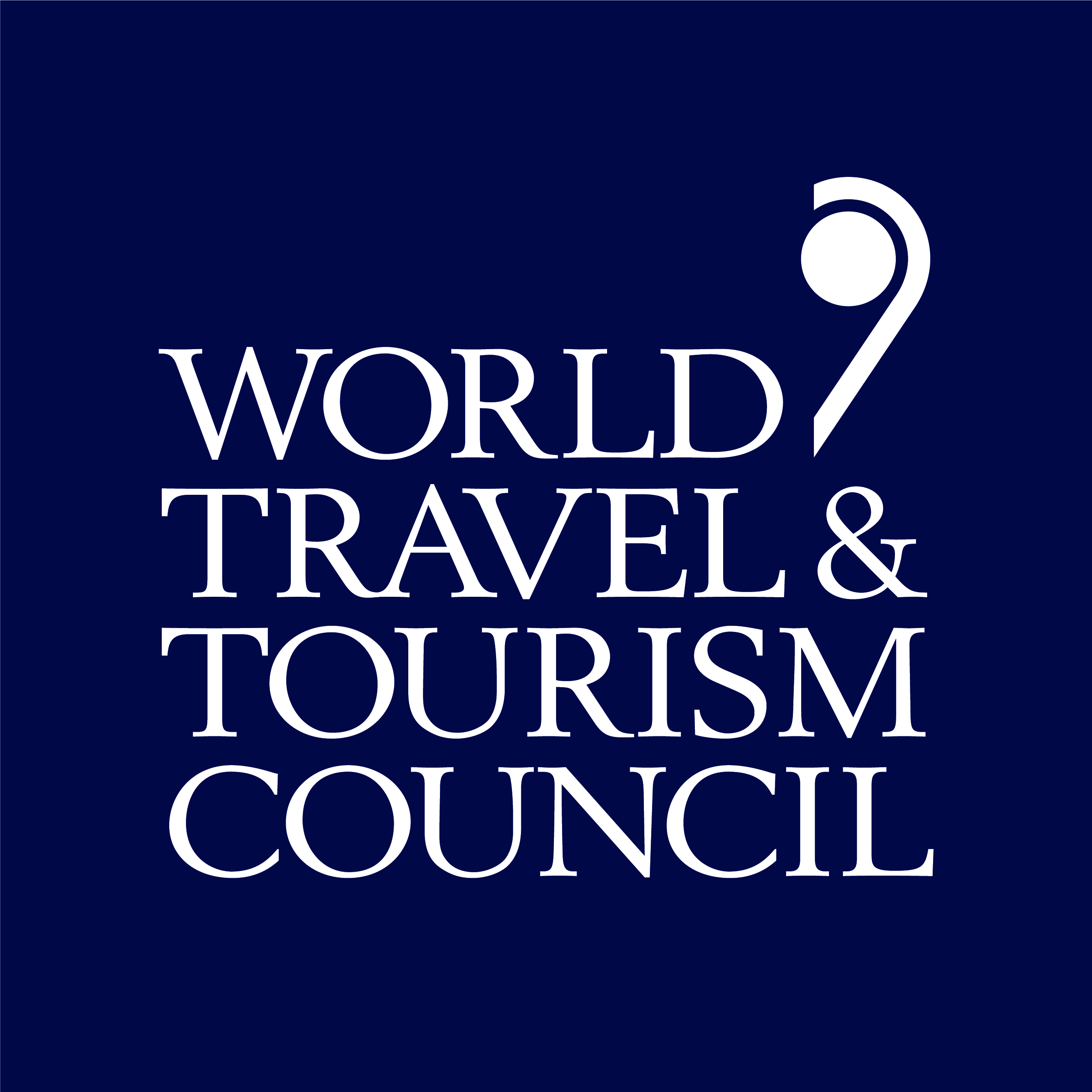Booked on WhatsApp, rated on Reels: How SMEs are winning customers without a website

‘No website? No problem.’ This might sound like a bold brag, but for thousands of small and medium enterprises (SMEs) in the Travel & Tourism sector today, it is the new reality. In a digital age, small travel operators across the globe, especially in destinations like India, Bali, Vietnam, and Morocco, are rewriting the rules. They are running successful businesses powered by nothing more than WhatsApp, Instagram Reels, and local marketplace listings. This has resulted in cost savings, stronger customer relationships, and a fresh sense of authenticity that customers are craving.
Sign in to access actionable insights
‘No website? No problem.’ This might sound like a bold brag, but for thousands of small and medium enterprises (SMEs) in the Travel & Tourism sector today, it is the new reality. In a digital age, small travel operators across the globe, especially in destinations like India, Bali, Vietnam, and Morocco, are rewriting the rules. They are running successful businesses powered by nothing more than WhatsApp, Instagram Reels, and local marketplace listings. This has resulted in cost savings, stronger customer relationships, and a fresh sense of authenticity that customers are craving.
The rise of ‘chat-commerce’ in tourism
For small businesses, from homestay hosts in Himachal Pradesh to scuba instructors in Gili Islands, WhatsApp has become the lifeline of operations. It is the new front desk, concierge, and feedback form rolled into one. Without a website or app, they handle inquiries, bookings, confirmations, and even personalised itinerary planning, all via WhatsApp. Guests send screenshots of their payment receipts, receive Google Maps pins and real-time travel tips, and share their reviews directly in chat. It is simple, immediate, and human. By skipping aggregator platforms and website maintenance costs, businesses keep more of what they earn and pass on better prices to travellers.
Instagram Reels: The new travel brochure
When it comes to marketing, Instagram is the beating heart of storytelling. Small tour operators and experience curators are showcasing their offerings in 30-second snippets that do more to inspire. With no formal branding or portal, small businesses post vibrant Reels, and each Reel ends with a pinned comment, ‘DM to book your tour.’ The genius lies in the informality. These accounts feel real, raw, and trustworthy. Travellers today, especially millennials and Gen Z, want to experience something personal. Instagram gives SMEs the perfect playground for that.
Word of mouth 2.0: Reviews on stories, trust on DMs
Reputation today lives in reposted stories, DMs full of love notes, and tagged posts from satisfied travellers. Micro-tourism brands now screenshot customer messages and share them as stories. Visitors become influencers in their own circles. A single Instagram story showing a private waterfall hike in Meghalaya tagged with @ExploreWithMira can drive ten new inquiries the same day. Because friends and followers now build digital trust. Most small tourism brands offer a personal touch. Want a vegan menu, solo-friendly tours, or a room with the best sunrise view, just ask. This back-and-forth human connection creates loyalty.
Local marketplaces: Visibility without overhead
For broader reach beyond Instagram and WhatsApp, many SMEs list themselves on hyperlocal or niche digital directories, platforms like AirBnB Experiences, Google Business, or even Justdial and MagicPin. These act as discovery engines without needing SMEs to maintain a standalone digital infrastructure. When businesses show up in search results with phone numbers and reviews, they can move the actual bookings to WhatsApp. This hybrid approach gives them visibility without the complexity.
Why this works
1) Speed: Responses via WhatsApp or Instagram are often faster.
2) Authenticity: Real people responding to real queries builds trust.
3) Low Cost: No hosting, domain, or developer costs.
4) Mobile-first: Most customers discover, engage, and book on phones.
5) Personalisation: Conversations let SMEs tailor experiences in real time.
During the pandemic, many of these micro-tourism entrepreneurs were forced to adapt. Without funds to build websites or access tech platforms, they leaned into the tools they already used personally. Now, even post-pandemic, they are choosing to stay platform-light and profit-smart. Small businesses that show up authentically on social media and connect directly through messaging are becoming the heartbeat of modern travel.

















